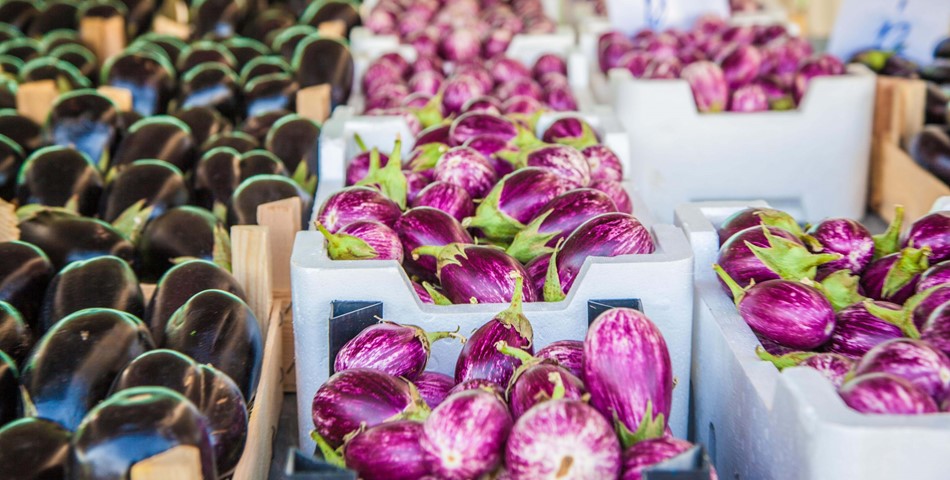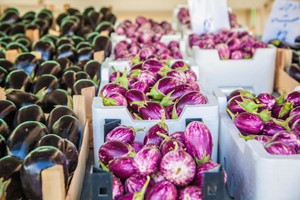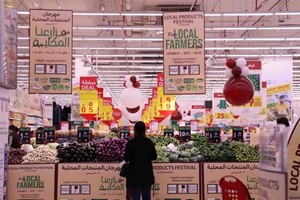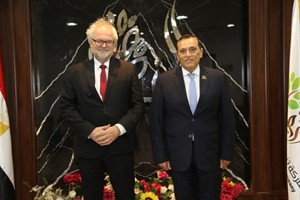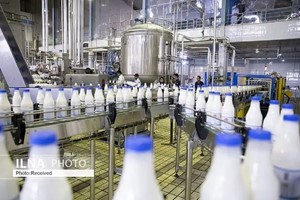Qatar’s self-sufficiency in agricultural products has hit new levels thanks to solid strategic planning and continued support.
Qatar’s National Food Security Strategy has been successful in strengthening the local food supply chain and boosting production and storage capacity, a government official has assured.
Director of the Food Security Department at the Ministry of Municipality, Dr. Masoud Jarallah Al Marri, has revealed the Gulf nation’s latest food self-sufficiency statistics to Al Rayyan TV.
According to the official, self-sufficiency in producing five basic types of vegetables has reached 46% thanks to local farms. The goal, however, is to reach 70% of the market demand in less than a decade.
Meanwhile, the country has hit the 70% mark in dates and 75% in fish, he added.
However, Qatar is now 100% self-sufficiency in fresh poultry and milk production, though consumption is not high in demand. The official explained that only 20% of fresh chicken is consumed, while the remaining 80% is imported frozen chicken.
“For frozen chicken, we depend on import and storage. However, fresh chicken is being produced in Qatar, in which we have achieved 100 percent self-sufficiency,” said Al Marri.
Local production of table eggs now meets 55% of national demand, he added. By next year, the number is expected to reach 70% thanks to the strategy used to target production.
Qatar takes on obesity in primary schools through tailored health packages
On the other hand, Qatar has a long way to go in order to be self-sufficient in red meat production. The latest figures reveal that red meat has reached only 20%, while the rest is imported from different countries around the world.
To pump up the production, authorities have launched projects for fattening livestock in coordination with the private sector to increase the production to 30% soon, Al Marri added.
The Qatar National Food Security Strategy 2018–2023 aims to deliver high-quality food at reasonable rates through domestic production, strategic storage, and reliable import sources.
“Under the National Food Security Strategy, sources of food import for Qatar were diversified, which proved its efficiency during geopolitical crises caused by the Russia-Ukraine war,” said the director.
The Gulf nation did not experience any shortage due to the crisis thanks to its diversifying strategies, which sought imports from Canada, Australia, and India.
“In the beginning of the crisis, some shipments were delayed from a country but we had shipments from other countries. There was no impact at all,” said Al Marri.
Such resilience can also be attributed to the country’s storage capacity, which witnessed significant growth in recent years, sparked by previous geopolitical tensions between Gulf nations in 2017, when Qatar faced an illegal air, land and sea blockade.
“The strategic storage capacity of basic food commodities of Qatar reached six months. Private food companies are also operating with storage capacity with up to four weeks to cope with any disruption in food supply chain,” said Al Marri.
He claimed that the strategic storage facilities are used to offer basic food items that Qatar is unable to produce. These products include, among other things, wheat, rice, edible oil, milk powder, beans, lentils, and dried fruits.
By Menatalla Ibrahim




